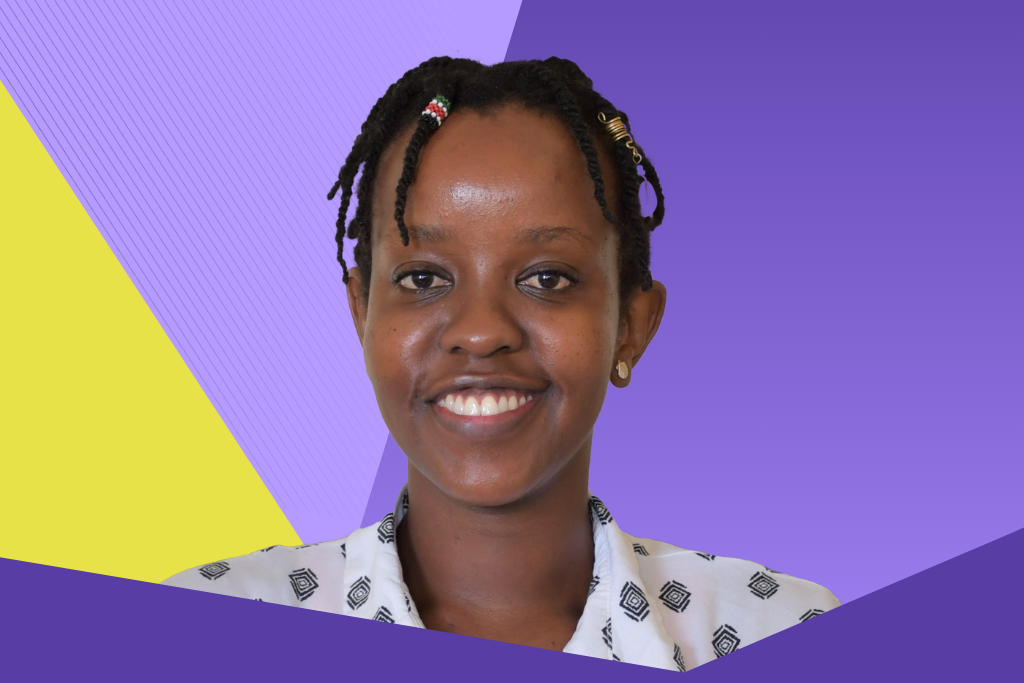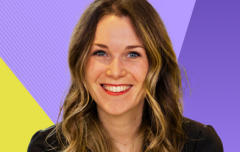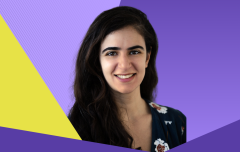Women’s Month youth spotlight – Kathy Kiema
I am Kathy Kiema, currently working as a technical advisor for the Project Development Programme (PDP) at GIZ. I support companies in the commercial and industrial sector to implement projects on energy efficiency and solar PV by evaluating technical and commercial feasibility. My background is in electrical engineering having gained my Bsc in electrical engineering at University of Nairobi and subsequently a Msc in Sustainable Environment and Energy Systems at Middle East Technical University.
What motivated you to participate in the Open Africa Power programme?
Achieving 100 percent electrification and improving the quality and reliability of electricity supply are at the heart of the challenges that Kenya and many countries within Africa are working to tackle. As an energy practitioner within the renewable energy industry, I continue to seek insight and opportunities to be a part of solving these challenges. This is the value that I saw in applying for the Open Africa Power programme. It is an avenue to learn about best practices in strategy, financing and implementation of electrification strategies from within Africa and around the world.
How has your experience in the Programme contributed to your personal and professional growth?
My experience in the programme has provided me with both insight and practical training that will support my career development. The job shadow component, where I have had an opportunity to shadow the programme director of the energy transport and climate change cluster at GIZ KE, has allowed me gain practical skills in project ideation and impactful story telling. The course work undertaken during the programme has also introduced topics to me outside of my core competency, including clean cooking and carbon markets, which I can further explore in my future career prospects.
What is one key insight you gained during your time in Open Africa Power?
A key insight from the programme is a telling statistic that depicts the impact of grid tariff setting on the profitability of utility companies across Africa. Less than 2 percent of utility companies in Sub-Saharan Africa, including Kenya, have grid reflective tariffs or utilities that are financially viable. This offers a strong indication for what the focus area should be on policy and gradual restructuring to enable utility companies to move towards 100 percent electrification.
How have you used your experience from the programme to contribute to the empowerment of women at the local, national or international levels?
Following my participation in the OAP fellowship, I look forward to applying a gender lens in components of my work where I co-ordinate capacity building programmes for practitioners in the energy field specific to project development. This would apply practically in how the call for applications and other aspects of the training programme are structured to encourage female experts in the field to participate.
What advice would you give to women and youth who aspire to build a career in sustainable energy?
My advise to women looking to start or advance a career within sustainable energy is that there are many synergies between various fields that have a growing application in sustainable energy where one can find a niche, even outside of the engineering track. These include sustainable sourcing and supply chain management, data science and analytics, innovative finance mechanisms, productive use of energy in agriculture, legal advising, and others.





